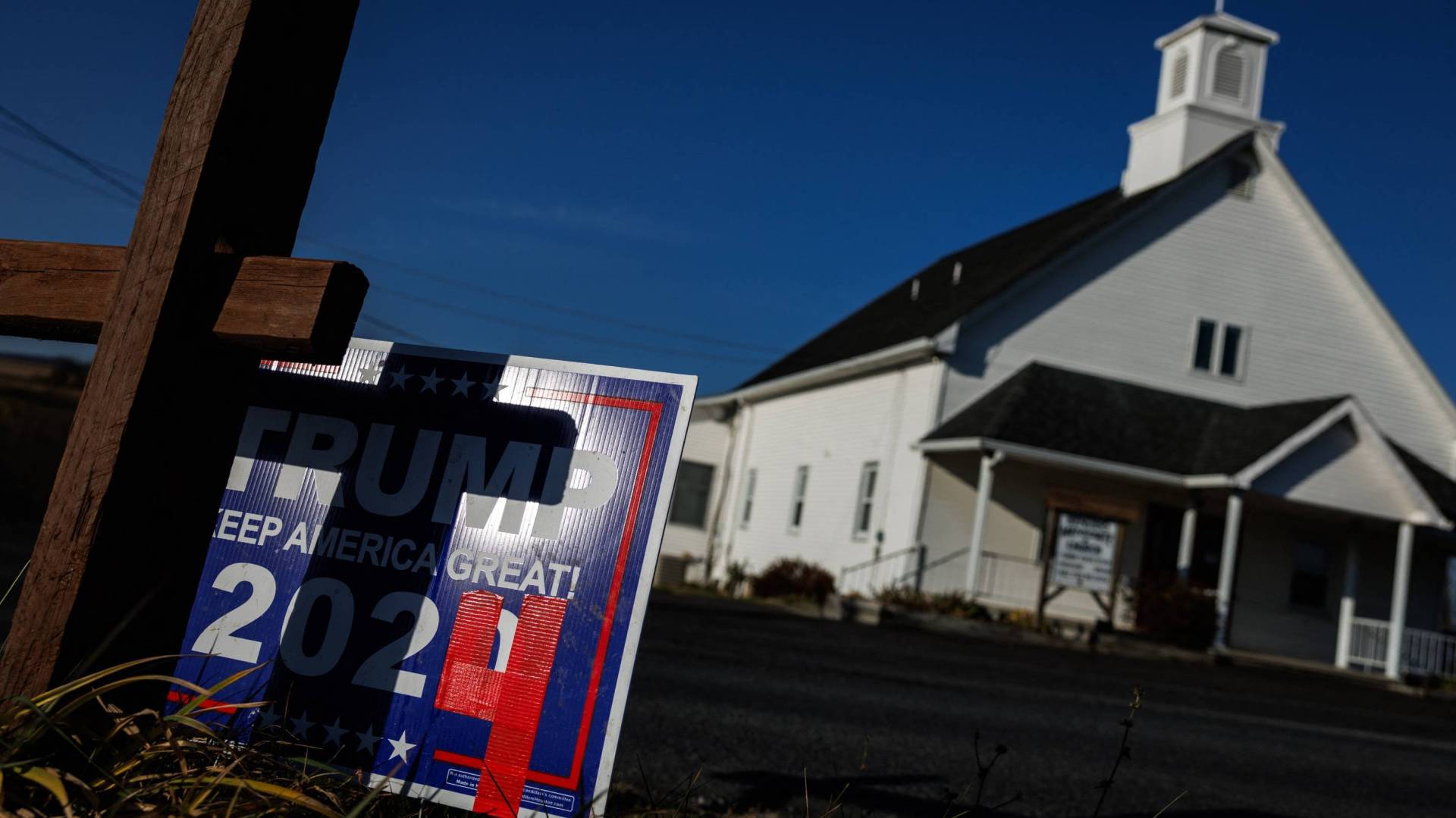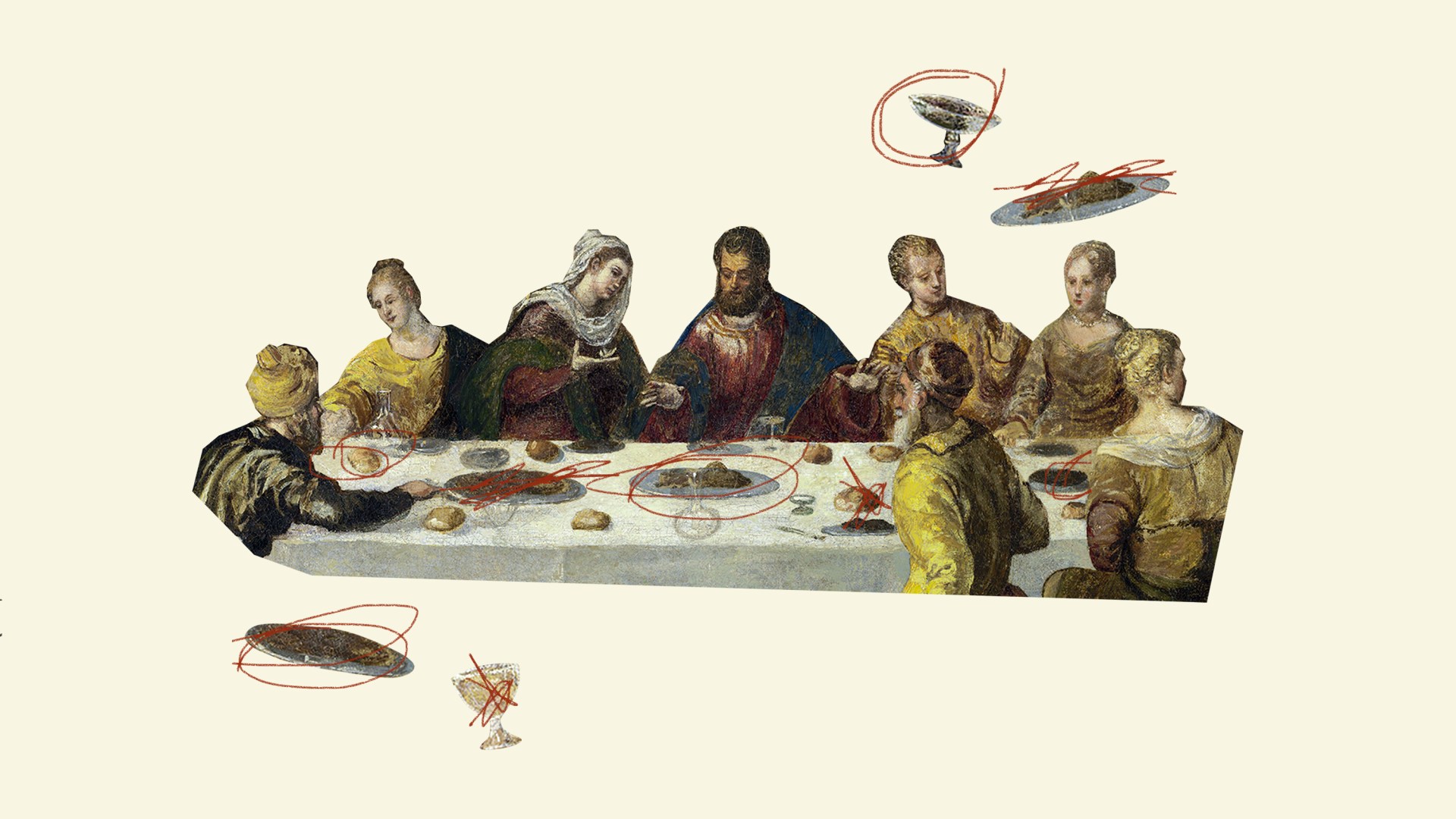Is Christianity becoming irrelevant? Or is it flourishing?
Your answer probably depends on where you live.
In advance of its fourth conference, The Lausanne Movement published the State of the Great Commission report, drawing on research from international nonprofits, Christian organizations, and professional polling and presenting insights from 150 global missions experts.
You can learn more about the report’s findings here—including its emphasis on discipleship in the global church.
And check out the rest of CT’s writing on Lausanne over the decades.


























































